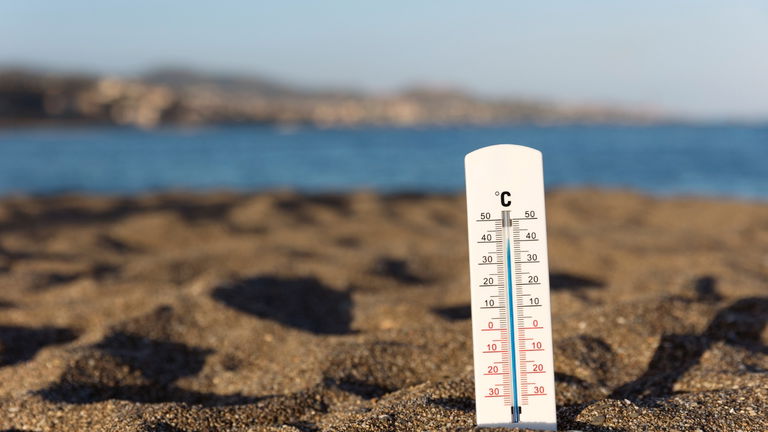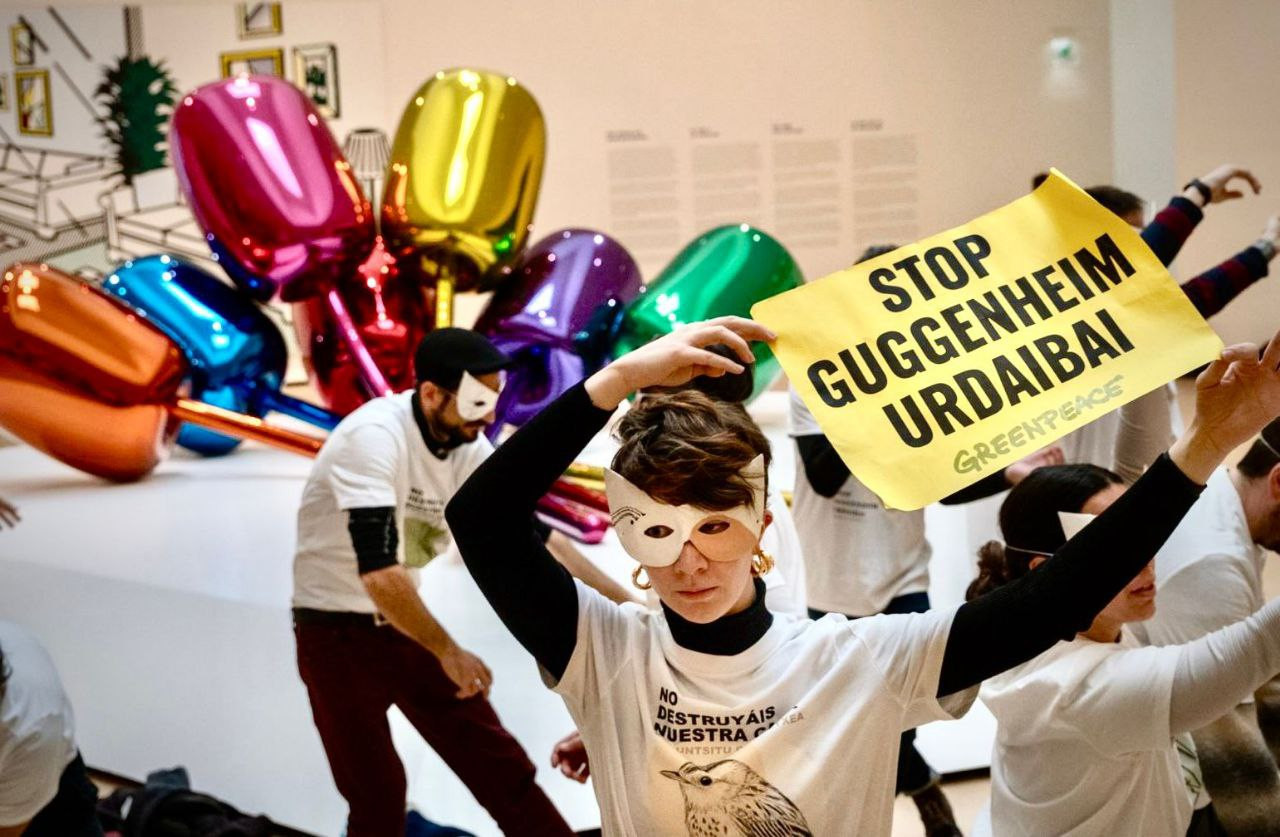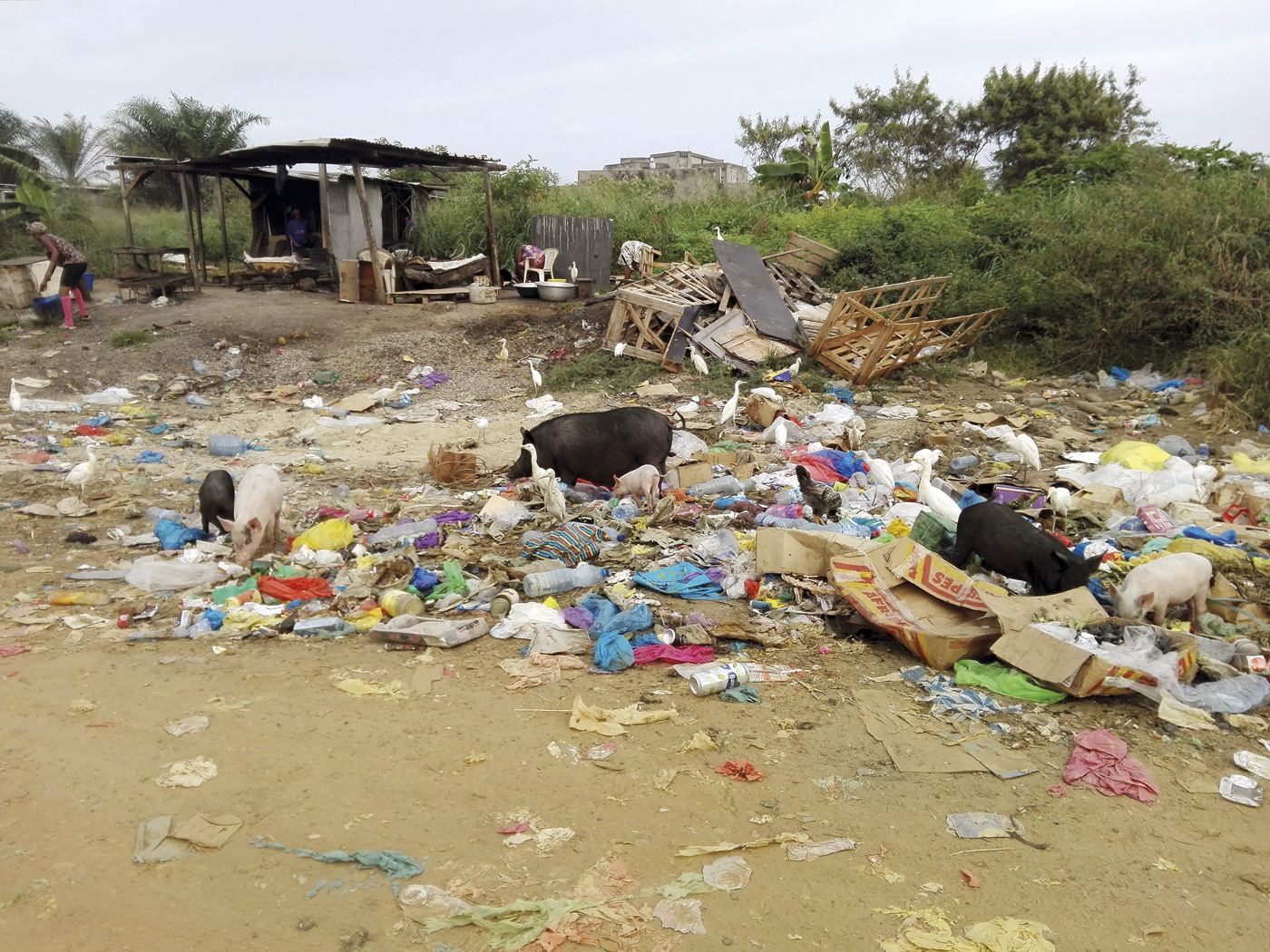Imposing sumptuary consumption links ecological transition with justice
- The idea of imposing a carbon tax on the richest in the world is gradually moving. Obviously, the ultra-rich are fervent against and money is power, so they influence the decision. But, at the same time, both the economists' argument and the socio-ecological context, more and more data are insisting on the need for this fiscal measure. Finally, the research carried out on 11 July by five Swiss and English scientists points to this: taxing luxury consumption would reduce private emissions by 6% annually, avoiding the emission of 100 gigatons of carbon equivalent by 2050 – 75% of the reduction that we citizens should make to limit global warming to two degrees.

Yannick Oswald, Joel Millward-Hopkins, Julia K have developed a serious proposal that rhymes the ecological transition with climate justice at the universities of Lausanne (Switzerland) and Leeds (England). Researchers Steinberger, Anne Owen and Diana Ivanova demonstrate: "Carbon tax on luxury goods can make a significant contribution to achieving the objectives of the Paris Agreement."
The study Luxury-focused carbon taxation improves fairness of climate policy ("The luxury carbon tax improves the equity of climate policy") was published on 11 July in One Earth. Starting from a global reality of 88 countries, representing 90 per cent of global GDP and population, they present the environmental results of the imposition of luxury goods. The result is significant: it would reduce private emissions by 6% each year, avoiding emissions of 100 gigatons of carbon equivalent by 2050, which account for 75% of the emission reduction that we should channel citizens to limit global warming to 2°C, and almost a third of what we should do to be below 1.5°C.
Because the rich consume more than the ordinary citizen: The richest 10% generates 50% of the emissions. Every year, on average, a single trillion returns 8,190 tons of CO2, a thousand times more than the average citizen. And that's limiting the view of consumption. In other words, the ecological effect of the money invested is not taken into account: an ultra-rich, ordinary citizen deducts 2.4 million tonnes of CO2 per year, 10.7 tonnes of CO2.
So when it comes to tackling the climate challenge, directing the obligations limited to the rich makes full sense. Those responsible for the study remember in a simple and clear way: "Making a long distance flight or driving a Porsche in summer... is a source of wealth that does not need base."
Because carbon tax increases social inequalities
The Kyoto Protocol, adopted in 1997, paved the way for carbon tax, with the idea that taxing the consumption associated with carbon emissions would increase the cost and thus reduce consumption savings, which would reduce carbon emissions. Subsequently, the implementation of the tax has taught us that it harms the most vulnerable citizens, and that in the end it is not so efficient, because they are consumptions that meet their basic needs and cannot be avoided – for example, having to take the car to go to work or warm the house in the middle of winter. This was one of the ingredients that caused the anger of Jaka Horiek.
Based on this conclusion, tax policy has focused on luxury products, i.e. whims that cannot be classified as basic needs. "Although it is true that every tonne of carbon emitted has the same climate impact, this is not true from the point of view of demand or social justice, as this tonne of carbon brings different benefits depending on the consumer or the consumer. Consequently, not all tons of carbon can be avoided in the same way." The tax range would depend on the product and also on the differences between countries: in poor countries it would be about 10 dollars a ton of carbon, but in the US about 150 dollars, depending on the case, more or less consumed.
In the same vein is the report on climate differences published earlier this year by the World Inequality Laboratory. According to their calculations, taxing 0.1% of the richest on the planet, ultra-rich with more than 5 million dollars, can amount to almost $1.1 billion a year. An interesting burden of money, considering that the most vulnerable countries need $1.800bn to channel the ecological transition...
I wish to be more proud than
Reporterre offers in its Taxer les ultrariches, l’idée qui fait son chemin (“Taxing the Ultra Rich, the Idea That Goes The Way”) the keys to better understand the excessive consumption of private jet or yacht. Specifically, the journalist is dedicated to the theory developed by 19th century economist Thorstein Veblen: "In the economy there is a predominance of the principle that the tendency to compete, compared with others to disregard others, is an indelible feature of human nature. Wealth is a means of differentiation, and its fundamental objective is not to satisfy a material, but to guarantee a ‘provocative separation’, that is, to show the signs of superior status.” Veblen says that society is a principle on which she is headed, because every class is trying to imitate or imitate the pride gestures of her superior. "In total, imitation causes a flood of waste, insofar as the harmful life at the top of the pyramid leads to the life forms of society as a whole. As in the early 21st century, when we have huge differences, these residual trends have a huge influence on lifestyles and become ecologically unsustainable."
However, the authors of the One Earth report acknowledge that, although the implementation of this tax policy is realistic, it is complex, not least because the classification and the setting of the tax range of each consumer product is not simple. And how not, because of the rich there is an opposite movement, of great influence. This is what we talked about in the weekly of February 26, specifically in the report The orientation of decisions on climate is the strategy of the ultra-rich.
But they don't question the feasibility. Finally, a hundred economists and MEPs have signed a recast text in which we can read: "If we have managed to channel taxes on multinationals, we can also reach the richest." This fiscal step to advance climate justice is asked by both the UN and the Organisation for Economic Cooperation and Development.
There was no one or all. That we all suffer at least if the necessary changes are not made so that no one suffers the climate emergency. You – reader – I – Jenofá-, they – poor – and they – rich. The fires in Los Angeles did not give me satisfaction, but a sense of... [+]
The understanding and interpretation of the mathematical language is what is important in the learning process, at least it is what we say to our students. The language of mathematics is universal, and in general, the margin of error for interpretation tends to be small. We... [+]
















-(1).jpg)








